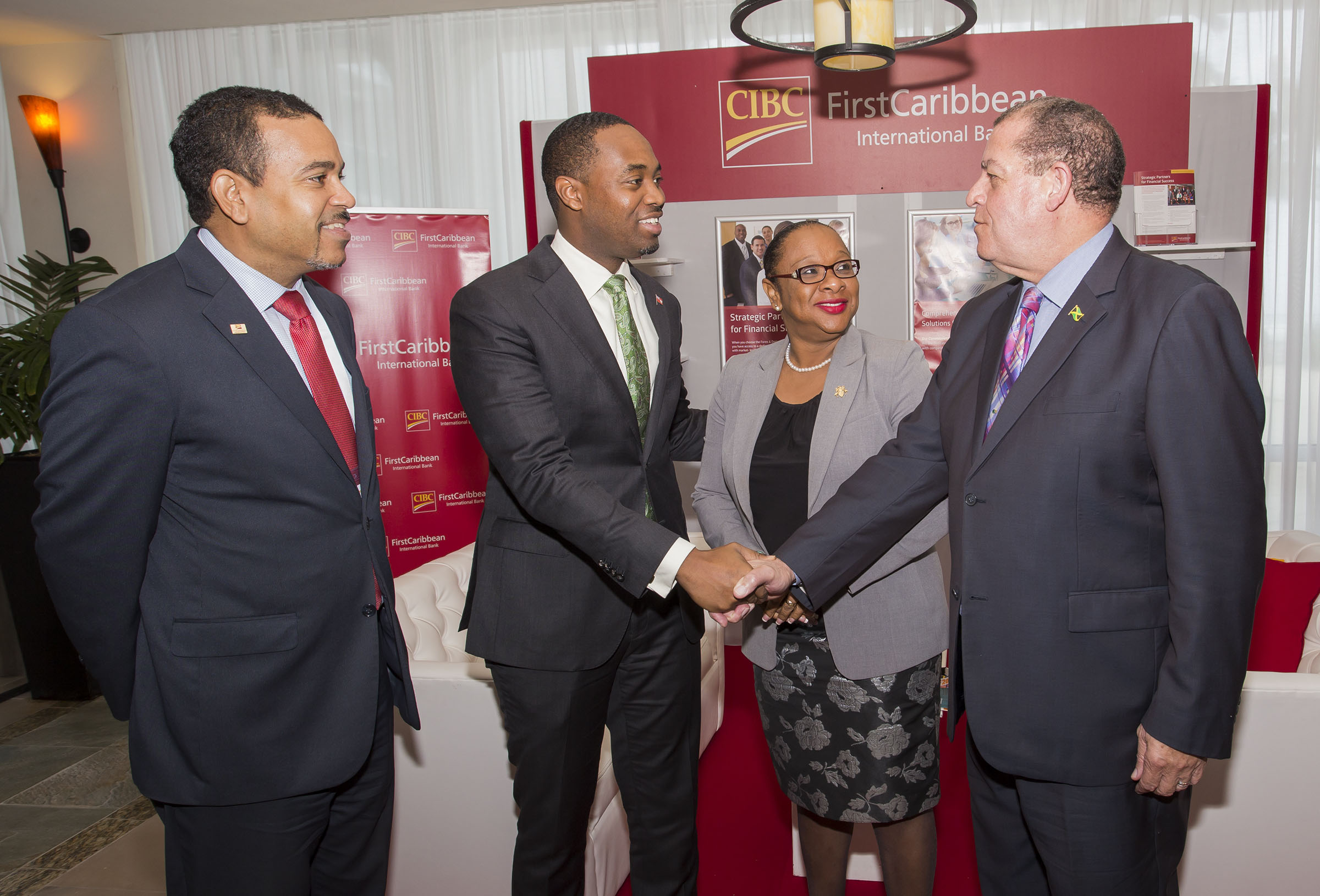Kingston, 11 Dec., 2017 – Bilateral donors have been urged to reconsider the size of their current aid programmes to the region with a particular focus on infrastructure support and enhancement, Hon. Audley Shaw, Minister of Finance and Planning has said.
Addressing the Caribbean Infrastructure Forum at the Hilton Rose Hall, Montego Bay today (Dec. 11, 2017), Minister Shaw said that the recent hurricanes, Irma and Maria, had “reminded the world of the extreme vulnerability of the Caribbean to exogenous shocks.”
However, he said , “current multilateral financing and support exclude some Caribbean countries from access to development financing by using limited criteria based on per capita income and failing to take into account, extreme vulnerabilities”.
“The vulnerability of the Caribbean is now indisputable and we need to seek affordable infrastructure financing solutions”, Minister Shaw told participants of the two-day forum being hosted by IJ Global and New Energy Events and sponsored by CIBC FirstCaribbean International Bank and KPMG.
He said that “these unprecedented natural disasters require extraordinary and equally unprecedented responses from the combined resources of the multilateral development partners and I have urged these institutions to use the devastation of the 2017 hurricanes as an opportunity to reconsider their policy stance in the advancing of funding to economies rebounding from the effects of natural disasters.”
Minister Shaw said that the Government of Jamaica was acutely aware that infrastructure development is critical for providing people with access to such basic needs as electricity, water, improved living condition thereby reducing poverty and supporting economic growth.
He pointed to programmes being implemented by the Government and partners including in agriculture with the installation of harvesting systems under the Climate Change Adaptation programme and upgrading of irrigation infrastructure, the provision of budgetary support and parametric insurance through the CCRIF.
In tourism, Minister Shaw said that the Government is focused on providing quality infrastructure to support hotels already in operation and those projected for the next five years. In energy, he said “Jamaica is pursuing an alternative energy policy to reduce energy costs, develop additional generating capacity and invest in renewable alternative resources.”
In the meanwhile, Nigel Holness, Managing Director of CIBC FirstCaribbean International Bank said that “cooperation between private sector, public sector and the financial services sector is critical to raising the quality of infrastructure the region”.
Noting that “many people in the Caribbean still do not have access to basic infrastructural services like water, sanitation, transportation and modern energy services”, Mr. Holness said that infrastructure in many islands is old and inadequate and insufficient to meet today’s population needs. As a result, he said, some Caribbean Islands often miss out on opportunities.
The CIF, he said, will explore “the development needs and challenges of our
Caribbean Infrastructure market and the partnerships it will take between government, multilaterals, private sector and international investors and developers to overcome these challenges and stimulate our infrastructure”.
“We are here to focus on the need to I improve infrastructure systems in meeting the social, humanitarian and economic needs of our islands”, Mr. Holness declared.
